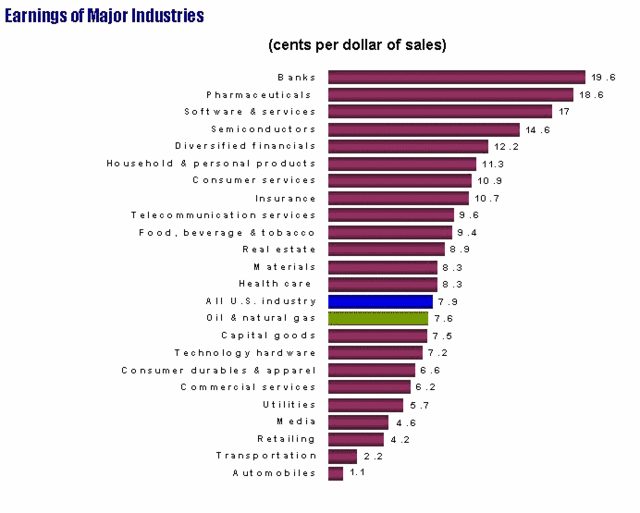I Don't Get Light Rail
Phoenix is in the process of tearing up half the city to put in its first light rail line. There seems to be a hard core of people out there who get a huge hard-on for light rail, and I just don't get it. Some random observations:
- We are building light rail that is essentially a "trolley." This means it runs at street levels, often down the median strips of roads, and has to stop at stoplights just like cars and buses. My question is, in this configuration, how is light rail any different than a bus? Except for the fact, of course, that it is far more expensive and far less operationally flexible.
- The system is not up and running yet, so I have not seen ridership numbers, but I will make a bet: If we take the entire cost of the system's construction, plus its annual operating losses/subsides, I will bet that we could have bought every regular rider of the rail system a nice car instead and gas for life cheaper than the cost of the rail system.
- It looks to me like the rail system will actually increase congestion. For most of its route, it is removing lanes from busy roads, and by running down the middle it will make left turns more difficult and complex.
- Supporters of these systems point to NY or London as examples of what we can achieve. Bullshit. No city that has embarked on this light rail stuff has had the success or the political will or the money to build out a network with the critical mass that these larger cities have. Most end up with orphaned routes (see LA, for example) that don't tie into anything.
- Phoenix is the last city on the planet that a rail based system should work for. I don't have the book in front of me, I will have to get it from home, but I remember a book on urban development that showed Phoenix had the flattest population density distribution of any city studied. What this means is that we don't have a city center and suburbs - it means that we are basically all one big suburb. So there are no single routes (for example in Chicago from the northern suburbs into downtown) that have any critical mass of traffic. People are driving from everywhere to everywhere. In fact, my suspicion has been that there are a group of politicians and business people who want to try to create a downtown area, and are using massive public funds in the form of light rail lines converging on the city center to try to jump-start such development.
- The Commons Blog has a link-rich post on the failure of the Portland light rail system, supposedly the model all light-rail promoters point to.
